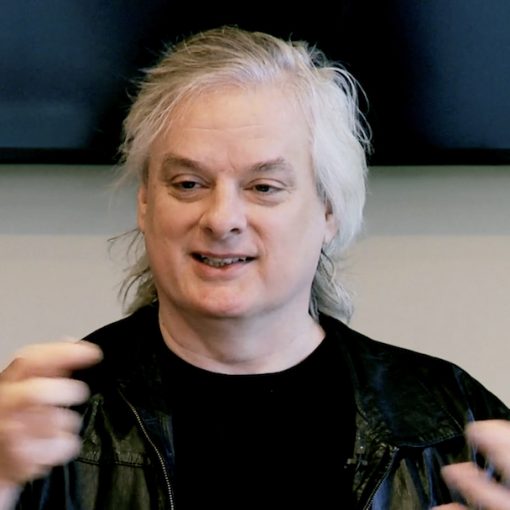The article discusses the perspective of physicist Roger Penrose on consciousness, proposing that it exists beyond the realm of computable physics. Penrose argues that the human mind operates on principles not reducible to algorithms, suggesting that consciousness involves processes that transcend conventional computational models. He posits that quantum mechanics may play a role in understanding consciousness, proposing a theoretical framework where quantum processes in the brain contribute to conscious experience. Penrose’s ideas challenge the prevailing view that computational neuroscience can fully explain consciousness and suggest a need for new theoretical approaches to understand this complex phenomenon.
Editor’s Note: In light of Roger Penrose’s statements in this interview, we are now faced with two important questions: (1) Can human consciousness be simulated onto a computer? and (2) Can true artificial consciousness be created?
It is clear that for question 1, the answer must be NO [Read Is Consciousness Part of the Fabric of the Universe? and Fine-tuning: Appreciating the Uniqueness of Humanity and of Life].
Question 2 might present some complications because some scientists are trying to create their own definition of consciousness among machines [read GOOGLE ENGINEER CLAIMS AI CHATBOT HAS BECOME SENTIENT]. But if people were referring to human consciousness replicated by machines, then we have to answer NO to this too [Read Why Machines Can Never “Think.” Also, read these articles from our sister website, Fully Human: CONSCIOUSNESS IS NOT IN THE BRAIN: WHAT THE SCIENCE SHOWS, MATERIALIST THEORIES OF CONSCIOUSNESS IS NOT PLAUSIBLE, NEW FOUNDATIONS FOR A SCIENCE OF CONSCIOUSNESS].
Penrose’s work shows us that the secrets of the human mind can be “knowable” through science, but only if researchers acknowledge left behind the purely materialist approach.





